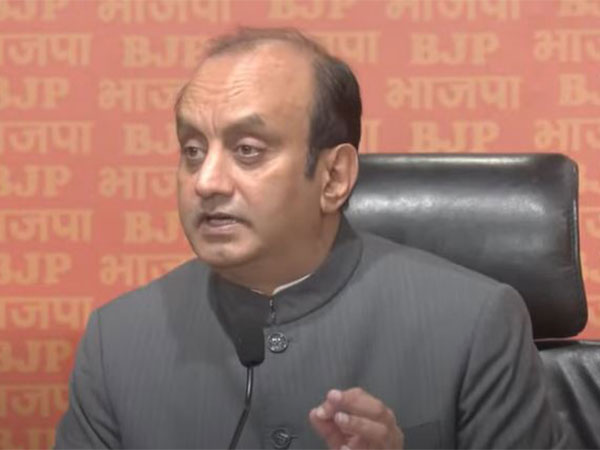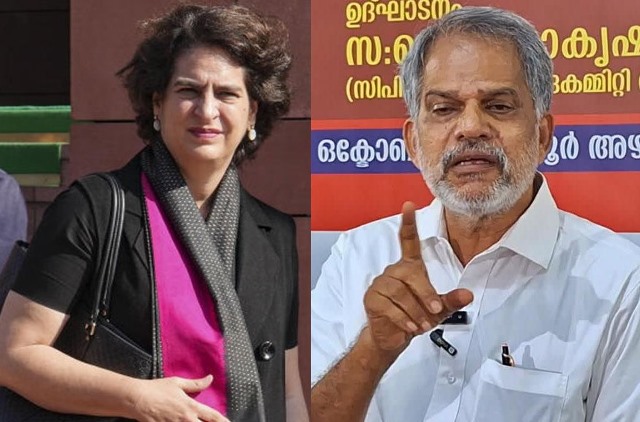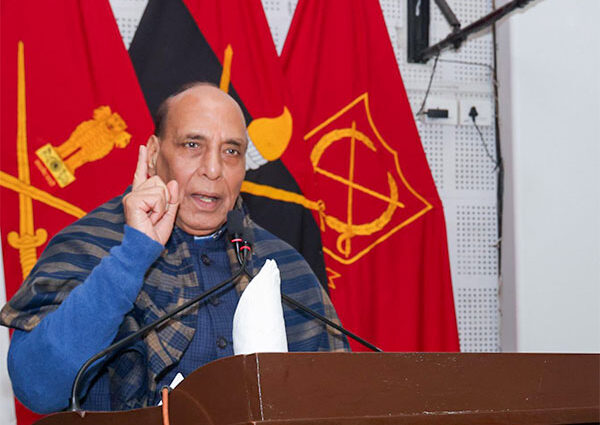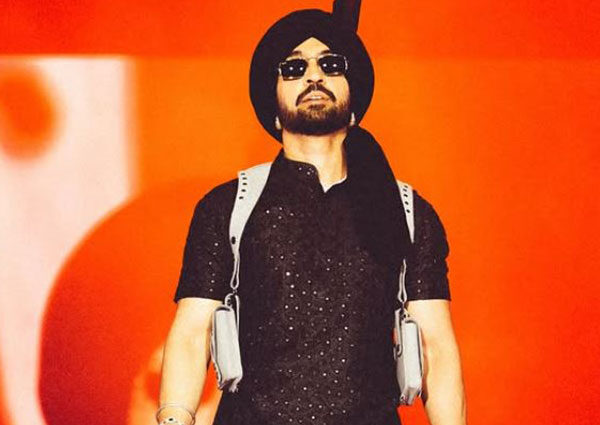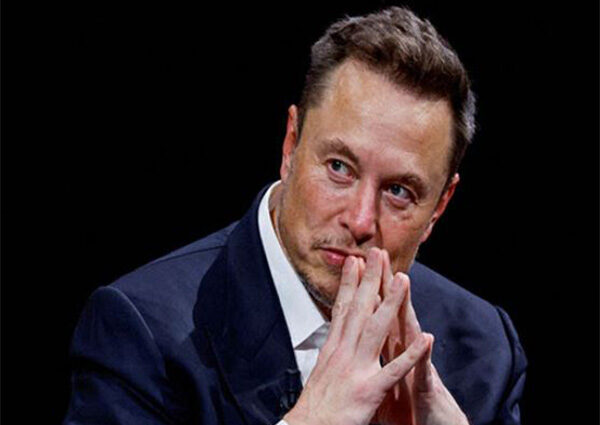Bharatiya Janata Party (BJP) MP Sudhanshu Trivedi on Wednesday launched a scathing on the AAP and its convenor Arvind Kejriwal and pointed out 10 issues which Kejriwal had promised to change, but he did things contrary to his promise.
Addressing a press conference, Trivedi stated that in today’s politics most challenging thing was a “crisis of credibility” and the Aam Aadmi Party came with the vision to bring in new politics, but in Delhi, he actually did things contrary to his promises.
Trivedi cited 10 examples, including the issue of live wires, 24*7 clean water, a world-class education system, women’s safety, improved medical treatment, pollution-free Delhi, providing basic amenities to the unauthorised colonies, cleaning garbage heap, homes for slum dwellers and Yamuna cleaning, where “Kejriwal instead of solving the problem, did nothing.”
The BJP MP stated that BJP and NDA under the leadership of Prime Minister Narendra Modi established authenticity in the politics whereas AAP streams opposite of this vision.
“Before anything happens in this English New Year, I want to remind that Aam Aadmi Party came with the vision to bring in the new politics. In today’s politics, the most challenging thing was “crisis of credibility.” There is a thinking among the public that leaders don’t do anything which they say, but this narrative was changed by BJP and NDA under the leadership of PM Modi. We established authenticity in the politics and AAP is the opposite stream of this vision. They never do what they say. Today I want to count 10 points which AAP and Kejriwal said and what they actually did,” Trivedi said.
“Kejriwal said that he would free us from the live wires. The condition is that a 26-year-old man lost his life because of this live wires on July 26, 2024. He had promised for 24*7 clean water, but when summer arrived, people saw the outcry in the north-western and outer parts of Delhi. If somehow water was supplied, then it had smell in it. He promised to give world-class education system but the High Court has reprimanded the flawed education system and the court has expressed displeasure for several things in it, which meant, the claim and result is different,” he added.
Lashing out at the AAP for the alleged assault on AAP MP Swati Maliwal, Trivedi stated that in the history of India, it happened for the first time that a woman who belonged to the same party (Swati Maliwal), was “physically assaulted” on the residence of the Chief Minister by the OSD of the CM.”
“Next was that he promised to make Delhi safe for women. But in the history of India, a woman who belonged to the same party, was physically assaulted on the residence of the Chief Minister by the OSD of the CM. No one can find such example in India… They did it with the woman who belonged to same party… When asked, there was no CCTV footages,” he said.
The BJP MP also highlighted the deteriorating condition of the Yamuna river. He stated that Kejriwal had promised to provide the basic amenities to the unauthorised colonies and homes to the slum dweller, but has failed to do so.
Trivedi said, “Next he has promised to provide the basic amenities to the unauthorised colonies but what we saw in Sangam Vihar was different from what he said. He had promised to give homes to the people living in the slums, but today, under central governments scheme 3024 flats have been provided to the slum dwellers. Yamuna cleaning was one of the topics, he had promised to bath in it, but the situation is that he can’t even stand near the river. There are images of toxic foam in the Yamuna river.”
Trivedi took a dig at the AAP promise of providing improved medical treatment to the residents of Delhi, saying that there was an outcry among public during the Covid-19 and instead of bringing their attention to the outcry, they focused on advertisements.
Sudhanshu Trivedi also hit out at the Delhi government for increasing pollution and garbage in the territory.
BJP MP stated, “He promised to improve medical treatment, but there was an outcry during the Covid-19. Instead of bringing their attention on the outcry, they focused on advertisements. You may remember the level of corruption in Mohalla Clinic came to light during the Covid 19. In one day, around 500 people were treated in a single. Mohalla Clinic is opened from 9 am to 1 pm, it meant that doctor assessed 539 people in 240 minutes, meaning a single person was medicated, assessed and their slip was made in just 20 seconds… which Mohalla Clinic has capacity to collect 539 people at a time. He promised to make Delhi pollution-free, but everyone knows what the situation is. There is nothing to tell about. The air of Delhi has become poor. He promised to clear the heap of garbage. But as per some media reports, currently its height has been increased to 8 metres.”
The assembly elections in Delhi is likely to be held in February 2025 however, the Election Commission of India is yet to announce the dates. Congress, which was in power in Delhi for 15 successive years, has performed poorly in the past two assembly polls, failing to win any seat. AAP won 62 out of the 70 seats in the 2020 assembly elections and BJP secured eighth seats. (ANI)
